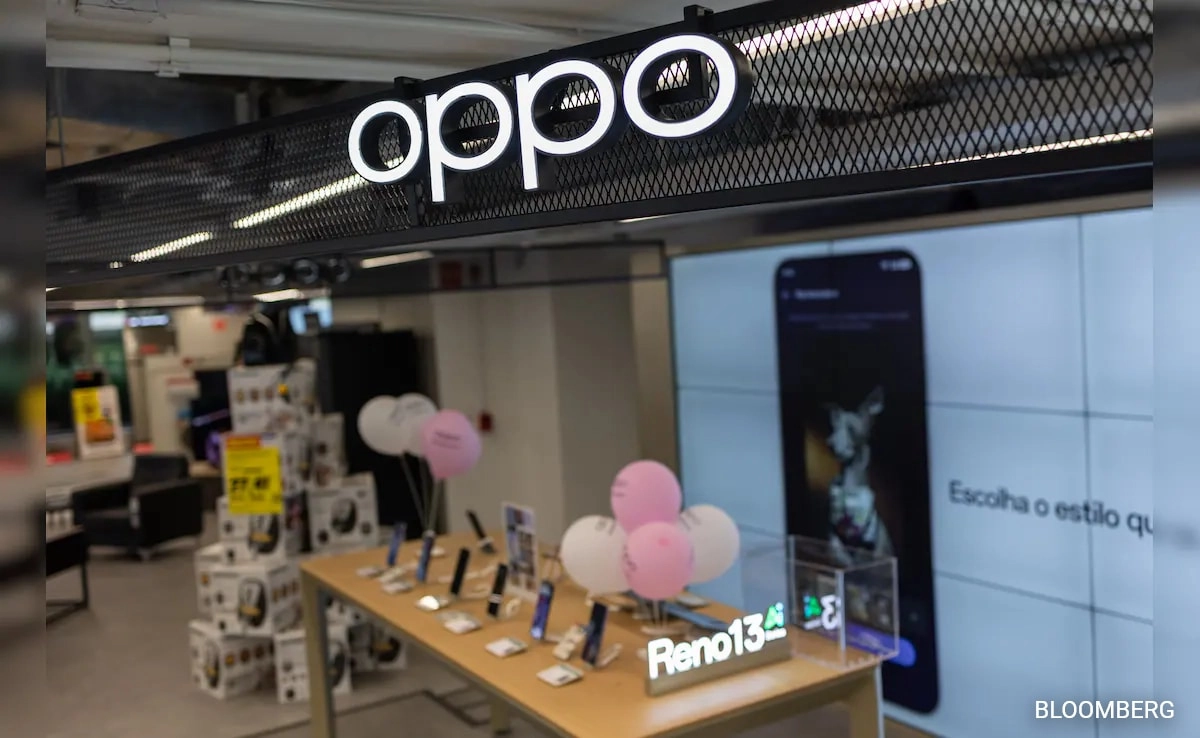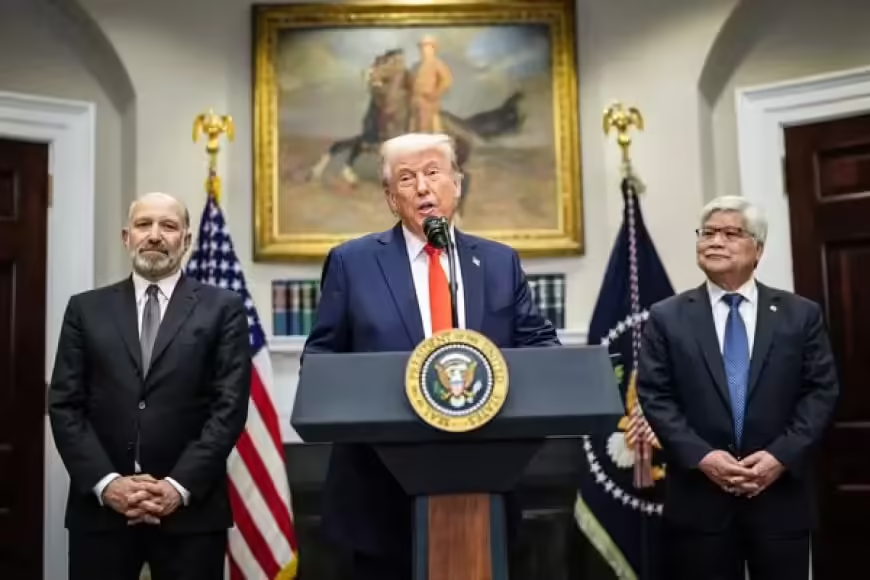Apple has initiated legal proceedings against Chinese smartphone manufacturer Oppo, alleging that the company has engaged in the poaching of its employees and the misappropriation of trade secrets. This lawsuit underscores the competitive tensions prevalent in the tech industry, where companies are fiercely vying for talent and proprietary information. Apple claims that Oppo has targeted its employees, encouraging them to breach their contracts and share sensitive information that could provide Oppo with a competitive advantage in the market. Such actions, if true, not only threaten Apple’s innovations but also raise significant concerns regarding the ethical boundaries of corporate recruitment practices.
The complaint filed in a U.S. court details specific instances where Apple believes Oppo has acted inappropriately by hiring individuals who had access to confidential information. This information is critical for maintaining Apple’s edge in technology and product development. Apple’s legal team asserts that these actions have potential ramifications that extend beyond mere employee turnover; they threaten to undermine the integrity of the company’s intellectual property. The tech giant is seeking both damages and an injunction to prevent further disclosure of its trade secrets, highlighting the legal avenues that companies can pursue to protect their proprietary information.
This lawsuit is part of a broader trend within the technology sector, where companies are increasingly vigilant about safeguarding their intellectual property. In an industry driven by rapid innovation and fierce competition, the stakes are high. The outcome of this case could set important precedents regarding employee mobility and trade secret protection, shaping how companies approach recruitment and retention of talent in the future. As the legal battle unfolds, it will be interesting to observe how both Apple and Oppo navigate these complex issues, particularly in a global marketplace where intellectual property rights are often contested. The implications of this lawsuit may resonate beyond the immediate parties involved, influencing corporate strategies across the tech landscape.




